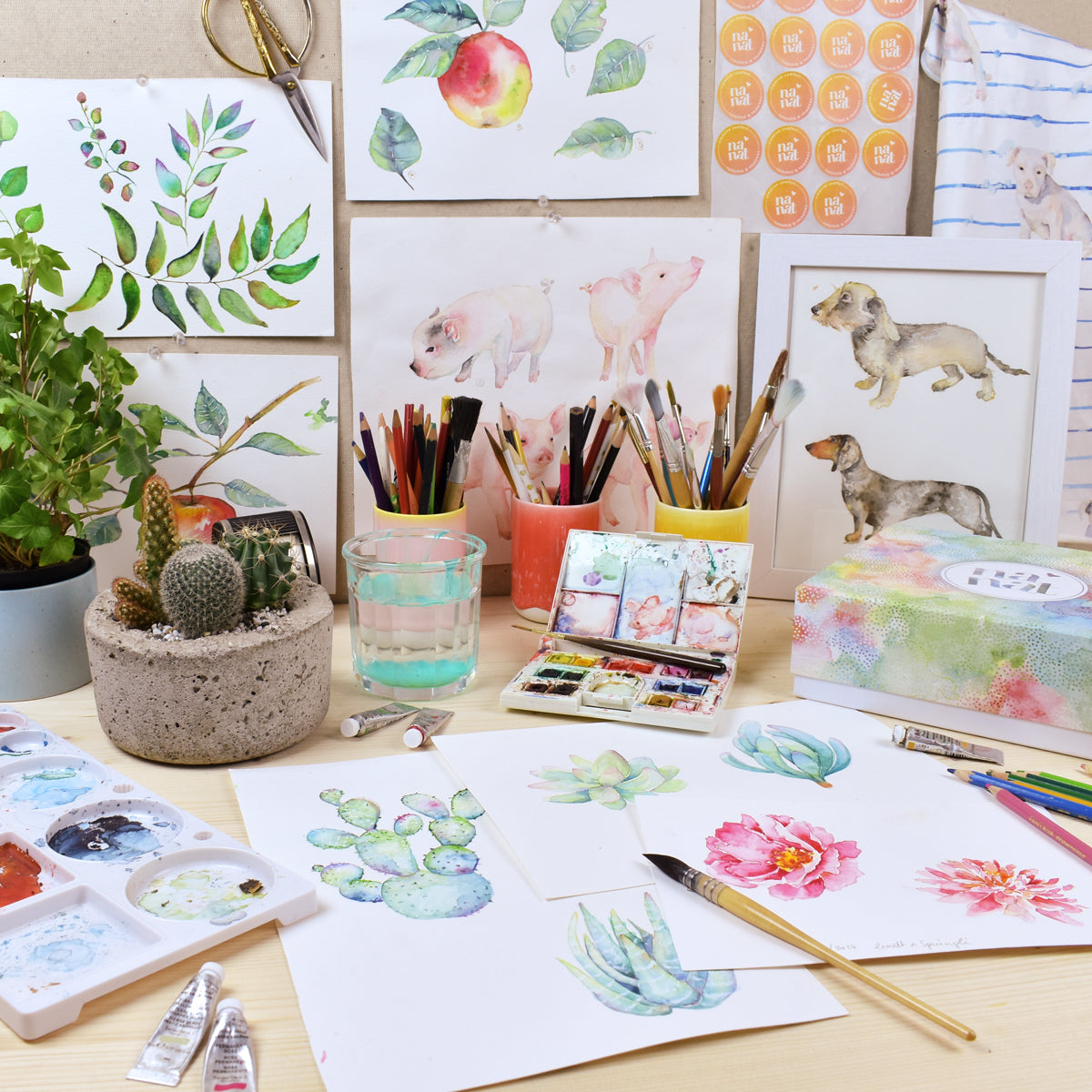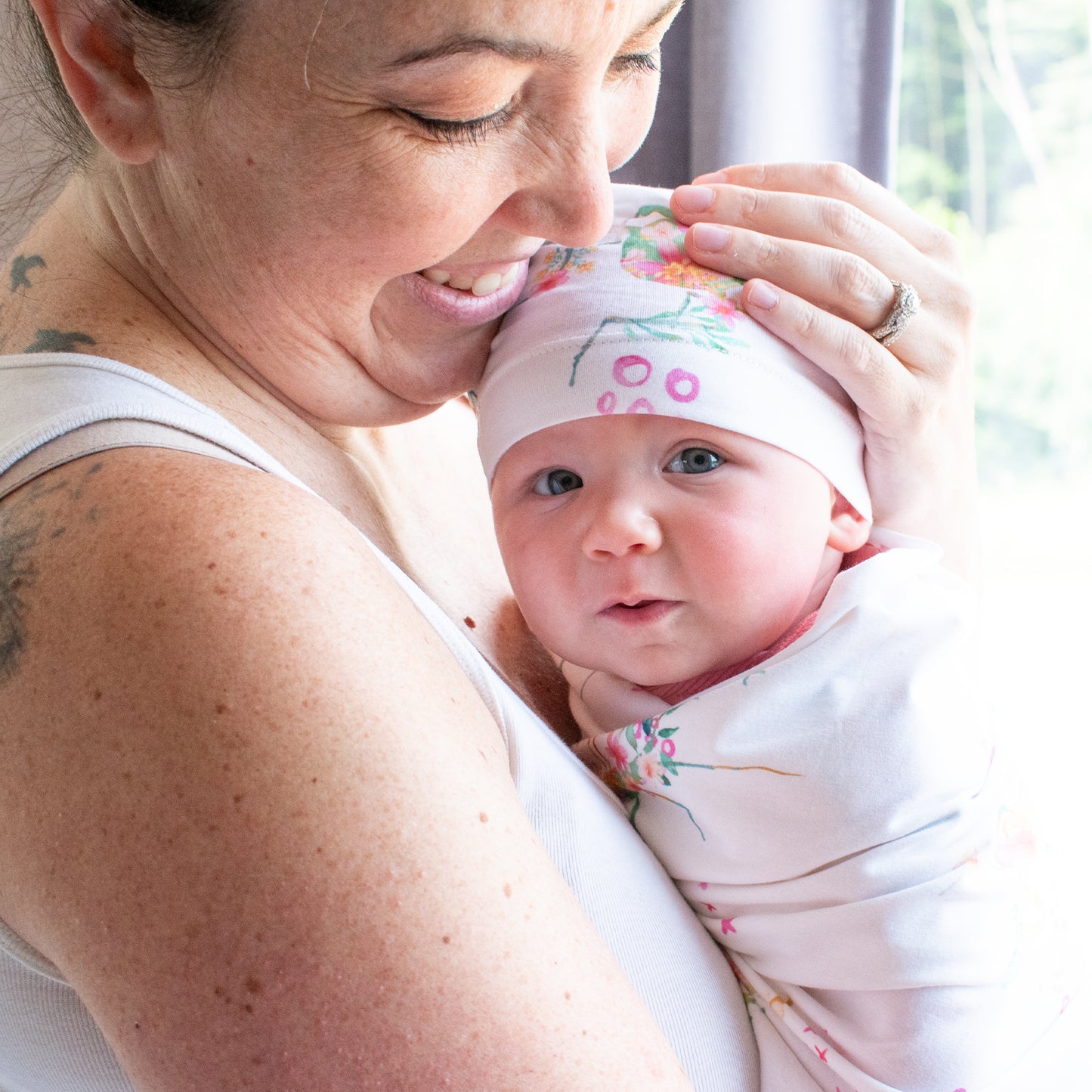
Being a parent today feels like walking a tightrope.
On one side, we’re told: “Be gentle, available, and emotionally present.”
On the other: “Set boundaries, take care of yourself, don’t lose who you are.”
Add to that the pressure from Instagram experts, podcasts on gentle parenting, opinionated strangers, books with guilt-ridden titles, and the never-ending to-do list…
And suddenly, parenting stops being a relationship. It becomes a performance. You’re no longer just raising a child—you’re expected to succeed at parenting.
Parenting isn’t a job.
People love to say that “parenting is the most important job in the world.” But a job comes with training, support, evaluations—maybe even promotions. Parenting doesn’t. There’s no manual, no onboarding. You just show up, unqualified and terrified, and figure it out as you go, often in the middle of the storm.
You don’t “apply” to be a parent. You become one while dealing with your own childhood, your own wounds, your lack of sleep, your finances, your culture, your values, your limits, and your messy, wonderful human self.
We don’t need parenting experts. We need community. We need emotional parenting support. And we need to stop pretending there’s one right way to raise a human.

The weight of contradictory motherhood expectations
The current narrative around parenting wants the best for us… but often makes us feel like crap.
It tells us:
“Don’t yell.”
“Be a safe space.”
“Regulate your own emotions before helping your child with theirs.”
“Set boundaries without threats.”
“Connect before you correct.”
“Don’t forget to take care of yourself.”
And if, despite all that, your kid has a meltdown in the cereal aisle or screams “I hate you!” in front of other parents, you start wondering where you went wrong. What you did wrong.
But real parenting isn’t a formula. You don’t input “positive communication” and get “calm child” in return. Because children aren’t computers. They’re complex, emotional, developing humans. Just like us.
Donald Winnicott the British pediatrician and psychoanalyst said it best:
“There is no such thing as a baby… without a mother.”
In other words, there is no child outside of the relationship they have with their caregiver.
He also gave us a liberating idea: the “good enough mother.”
Not perfect. Not all-knowing. Just good enough—present, attuned, flawed, and human. One who fails sometimes, but always comes back to repair the rupture.
That’s what builds secure attachment. Not perfection—but repair. This is the heart of imperfect parenting.

The parenting industry thrives on our self-doubt
There’s a massive market for modern parenting advice. Books, webinars, coaches, masterclasses, Instagram accounts, workshops…
Some of it is helpful. A lot of it is exhausting.
The more we consume, the more we doubt ourselves. The more we compare, the less we trust our instincts.
And when your child throws a tantrum even though you’ve followed all the advice, you wonder if it’s you. Or if it’s them. Or if you’re both broken.
“If only I could be more patient, they wouldn’t act this way.”
“If I were a better parent, they’d feel more secure.”
But that’s a trap. Children aren’t here to validate our self-worth. They’re here to live their own messy, emotional, vibrant lives. And we’re here to walk beside them, not control the outcome.

What if we embraced parental bricolage?
Bricolage: a French word for DIY. Making do. Piecing things together as best we can with what we have.
That’s what real parenting really is.
We don’t follow a manual. We improvise. We adapt. We mess up. We pivot. Sometimes we shout when we meant to stay calm. Sometimes we soothe when we wanted to set a limit. Sometimes we collapse on the couch and let the screen babysit for an hour—and that’s okay.
Being a parent means showing up. Not always perfectly, but consistently, humbly, honestly. It means saying, “I messed up. Let me try again.”
It means parenting without guilt. It means trusting that love is built in the small, imperfect, everyday moments, not in perfect execution.

Let’s talk about burnout and who’s carrying the load
Let’s be honest: most of this pressure falls on mothers.
In most households, women are still the ones remembering the dentist appointments, buying the birthday presents, packing the lunchboxes, organizing the playdates, managing the family calendar, soothing the meltdowns, and reading the parenting books.
They’re the ones doing the invisible work of holding the emotional center.
And too often, when they break down, they’re told to “practice more self-care.” As if a yoga class or a bubble bath could compensate for a system that leaves them isolated and overloaded.
We need more than self-care. We need a village. We need shared responsibility. We need emotional parenting support. And we need to stop pretending we can do this alone.

Our children are not our self-improvement projects
One of the sneakiest modern traps is this: We start treating our children as proof of our personal development.
A well-behaved child? You’re obviously doing the work. A child who melts down in public? Clearly, you’re not healed enough yet.
But our kids aren’t here to reflect our success. They’re not here to be calm and tidy and pleasing so we can feel like we’re “doing it right.”
They’re not our trophies. They’re not our redemption arcs. They’re their own people—whole, messy, growing people. And the best gift we can give them is the freedom to be fully human.

In praise of doubt and imperfect parenting
Parenting is messy. Emotional. Beautiful. And sometimes deeply confusing.
The doubt we feel? It’s not a flaw. It’s part of the process. We don’t need to be experts. We need to be present. And human. And willing to try again.
Let’s stop asking, “Am I doing this right?” Let’s start asking:
“How’s my child doing in this moment?”
“How’s our relationship?”
“Do they feel seen, safe, and loved enough?”
That’s more than enough.

You’re not failing. You’re just parenting.
There’s something Donald Winnicott said in the 1950s that still feels radical today: Children don’t need perfect mothers. They just need "good enough” ones.
At the heart of Winnicott's theory is this: being a good enough parent means showing up with love, consistency, and presence, not flawlessness. It means letting our children experience frustration, boredom, and limits in safe doses. It means we repair when we rupture. It means we’re human.
But modern motherhood expectations don’t always make space for that kind of grace.
We’re flooded with advice. Gentle parenting. Responsive parenting. Conscious parenting. Instagram therapy. TikTok tantrum tips. And while some of it is incredibly helpful, the constant stream of "shoulds" can leave us wondering if we're ever doing enough. We internalize the idea that parenting with empathy means never losing our temper. That we must always regulate before we connect. That forgetting a snack or raising our voice means we've failed.
It doesn’t.
Real parenting is emotional. It's messy. It happens while you're making dinner, cleaning up spilled milk, and trying to answer emails. It's guiding your child through their own storm while managing your own inner weather. And when you have a child who is neurodivergent, highly sensitive, or struggling emotionally, the intensity can multiply
In the face of that, here’s what Winnicott would say: You don’t have to get it right every time. Just often enough.
So let’s give ourselves permission to be real. To be attuned without being perfect. To embrace imperfect parenting. To know that forgetting library books or losing our patience after bedtime doesn’t undo the countless moments of care we offer.
Let’s normalize the emotional labor of parenting. Let’s talk about parenting without guilt, about how to repair after we yell. Let’s talk about how parenting can feel like too much, because often, it is.
And yet, we keep showing up.
That is what makes us good enough.
Let’s build a version of gentle parenting that includes our full humanity. One that leaves room for our overwhelm, our repairs, our growth. One that supports parenting without losing yourself. One that sees the mess and the love and calls it enough.
Because it is.




